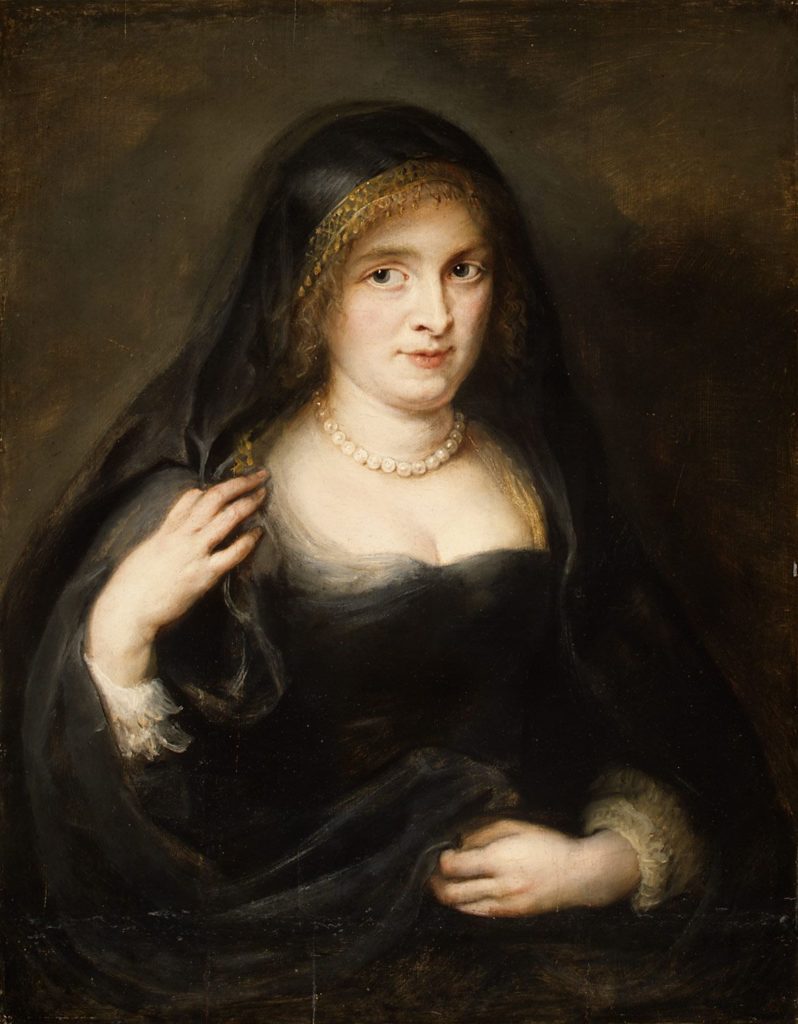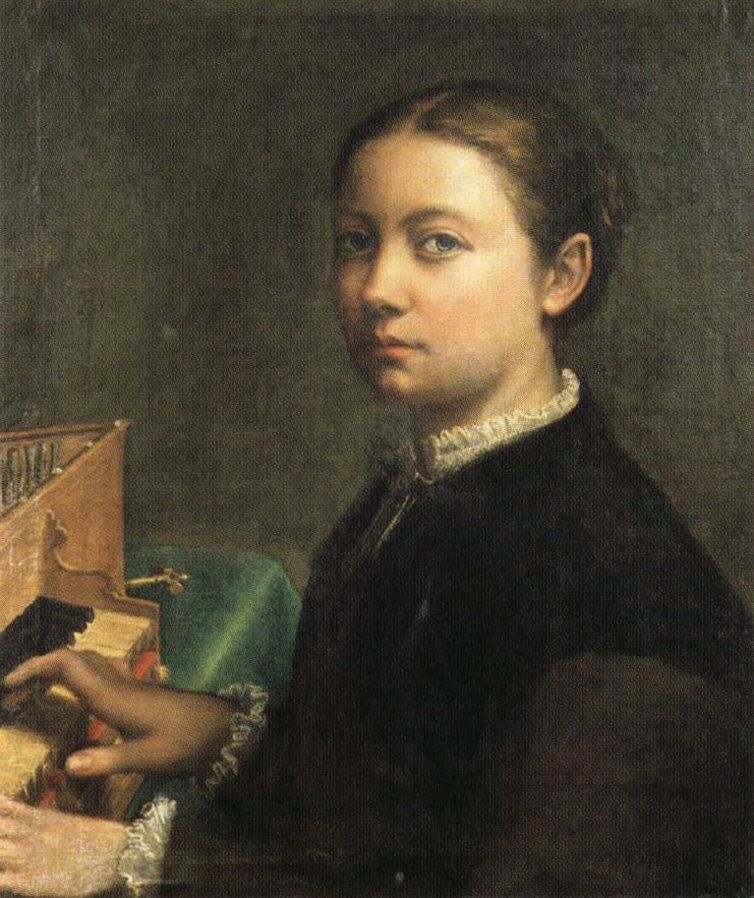
To show off the brilliant mind of John Kean, we wanted to share some of his thought process while making Black Sonata. This series of posts are pulled from his Work In Progress thread on BoardGameGeek. Here’s part 3:
THE THEME
5 June 2017
William Shakespeare’s 154 sonnets were first published in 1609, possibly against his will. The first 126 sonnets are outpourings of homosexual love and admiration to a “Fair Youth”, probably one of Shakespeare’s patrons: Henry Wriothesley, 3rd Earl of Southampton, or William Herbert, 3rd Earl of Pembroke. The subsequent 28 sonnets, however, document a stormy relationship with a “Dark Lady” who seduces the poet and holds him in an agonised thrall. In a bizarre twist, sonnets 144 and 145 reveal that the Dark Lady has also seduced the Fair Youth and the subsequent love triangle sees the poet spiral into a deep and melancholy madness of fire and syphilis.
For more than four centuries scholars have argued over the identity of the mysterious Dark Lady. At least eight plausible candidates have been suggested, plus a plethora of less convincing ones. But like so much of the great poet’s life little documentary proof remains, so we shall probably never know…
At least that’s what you had been taught as a young student of English literature. And it springs to mind now, years later, as you discover a forgotten cache of letters in the basement of the National Archives. For among them are two penned by Augustine Phillips, a known associate of Shakespeare, that hint at the identity of the Bard’s shadowy mistress.
Suddenly with fresh eyes and thumping heart you find yourself catapulted into a labyrinthine web of hints and allusions scattered through the remaining fragments of the lives and works of Shakespeare and his associates. From document to dusty document you will chase the ephemeral shadow of the Lady, gradually collecting clues to her identity as she darts teasingly just out of reach.
Can you solve English literature’s greatest mystery? Or will the Dark Lady elude you, slipping away like smoke to be lost forever from the pages of history?
ABOUT THE NAME
Once I decided to theme the game around Shakespeare’s “Dark Lady”, I needed a name that would evoke a shadowy pursuit.
Shakespeare repeatedly refers to the Lady as “black” (both in colouring and deeds) so that part was easy. “Black Sonnet” didn’t sound right, but somehow “Black Sonata” did. It carries echoes of noir mysteries like the Black Dahlia videogame and Black Vienna. Plus, I like the allusion to music, whitch is another of my passions.

The term sonata has a very precise meaning in Classical music, but in Shakespeare’s time that was not the case. Then, sonata could refer to any instrumental music: music that was “sounded” rather than “sung”. Sonata and sonnet share the same word origin, and the clincher is Shakespeare’s sonnet 128 which concerns the poet’s feelings as he watches the Dark Lady play the virginals (an early keyboard instrument):
How oft, when thou, my music, music play’st,
Upon that blessed wood whose motion sounds
With thy sweet fingers, when thou gently sway’st
The wiry concord that mine ear confounds,
Do I envy those jacks that nimble leap
To kiss the tender inward of thy hand,
Whilst my poor lips, which should that harvest reap,
At the wood’s boldness by thee blushing stand.
To be so tickled, they would change their state
And situation with those dancing chips,
O’er whom thy fingers walk with gentle gait,
Making dead wood more blest than living lips.
Since saucy jacks so happy are in this,
Give them thy fingers, me thy lips to kiss.